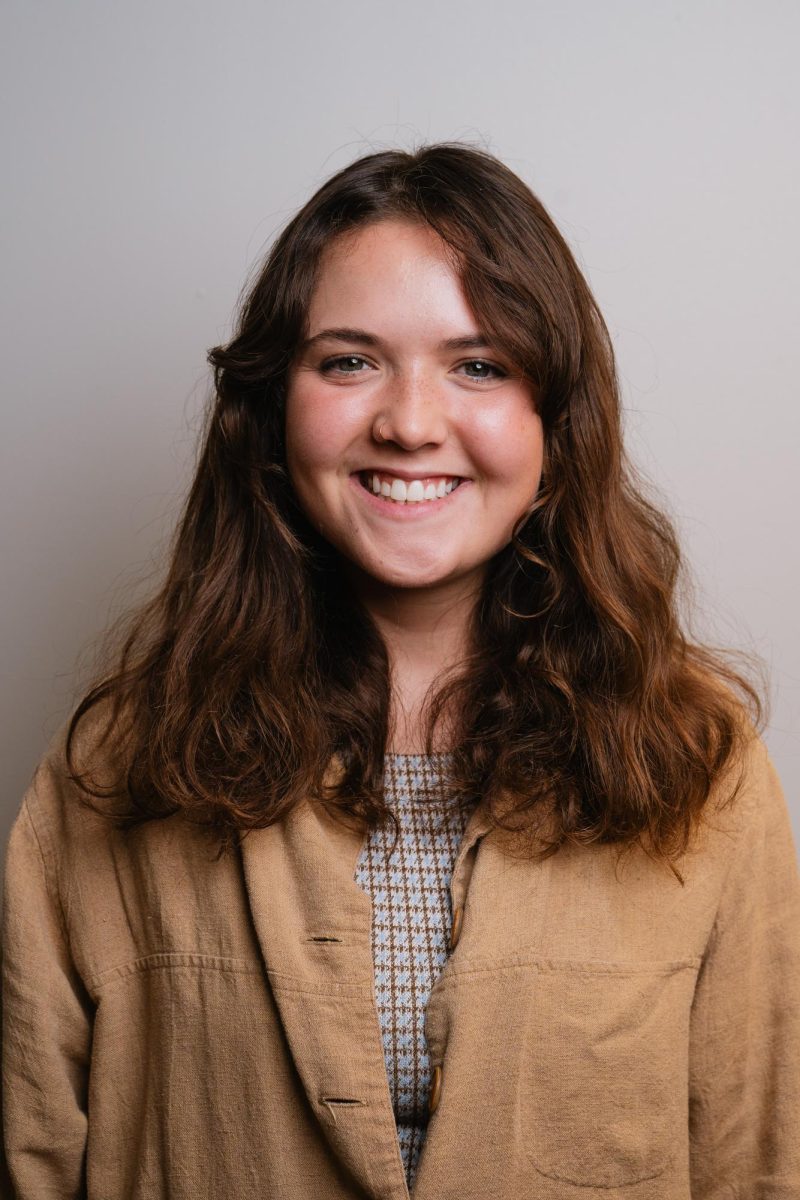Latest ‘Flyway’ issue puts spotlight on experience of Arab-Americans
March 24, 2003
Arab-American issues have been at the forefront of American public interest since the events of Sept. 11, 2001, and are even more pertinent since the beginning of the war in Iraq. Contributors to Iowa State’s national literary journal, “Flyway,” are addressing issues affecting Arab-Americans through poetry and prose.
Colin Rafferty, graduate student in English and managing editor of “Flyway,” says the editors specifically requested submissions from Arab-Americans authors for the magazine’s latest issue.
“Flyway” editors recruited Joe Geha as guest editor for the project, Rafferty says. Geha, who was born in Lebanon, is a former English professor at Iowa State and has worked as a contributing editor for “Flyway” in the past.
“[This is] a kind of writing that explains my own personal experiences in becoming an American,” Geha says. “Seeing writers coming to the floor is very meaningful to me. I am very pleased to see my experience reflected [in the words of these authors].”
Such authors include the poet laureates of Pennsylvania and Virginia and former ISU professor Diana Abu-Jaber.
Molly Rose, graduate student in English and “Flyway” managing editor, says many other notable authors were contacted and asked to contribute to the special issue.
“We were also lucky to get Naomi Shihab Nye,” Rose says.
The Palestinian-American author specializes in poetry and nonfiction and is very well known in the Arab-American writing community, she says.
Rafferty shares Rose’s enthusiasm for the project.
“Working on ‘Flyway’ is incredibly hectic and very relaxing simultaneously,” Rafferty says.
“I’ve had the chance to make a lot of writers pleased with the way their work is presented to the world.”
Non-Arab-American authors also contributed, making this edition appeal to a wide variety of people.
“The response has been amazing,” Rafferty says. “I have heard no controversy yet.”
The University of Arkansas has asked to use the edition as a text, Rafferty says. The Arab-American edition is also being used at New York’s St. Thomas Aquinas College.
Barbara Bedway, fiction writing teacher at St. Thomas Aquinas College, chose the issue to compliment her curriculum.
“I had brought ‘Flyway’ to class one day along with a variety of other literary magazines I was allowing [the students] to borrow, as a way to introduce them to fiction outside the mainstream,” Bedway says. “I try to introduce a wide variety of ethnic voices in my class.”
Students were thrilled to see familiar Arab words and themes showing up in published fiction, she says.
“Flyway” publishes three times a year. The journal gathers submissions of fiction, nonfiction and poetry from all over the world, Rafferty says. Anyone can submit work to the publication, regardless of college major or student status.
“Flyway” grew out of “Poet & Critic,” a journal started in 1964, as a way to incorporate prose into the poetry format, Rafferty says. Control of “Flyway” has recently been given over to graduate students.
“This is a brand new thing — Molly Rose and I are the first grad student editors of ‘Flyway,’ ” Rafferty says. “This issue has been received very well.”
















